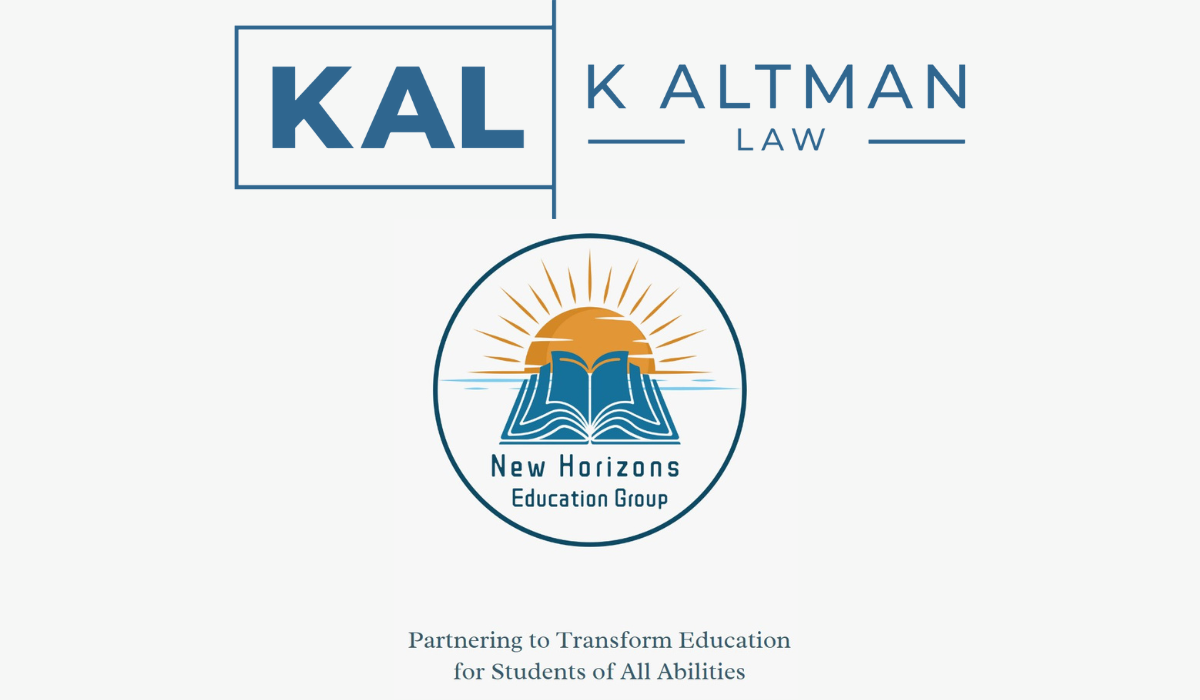As technology continues to advance at a rapid pace, we are seeing an increase in the use of AI-powered chatbots in academia. One of the latest technological innovations in this field is the use of the Generative Pre-trained Transformer (GPT) machine learning model. This model allows chatbots to generate written content that is so convincing, it appears to be the work of a human writer. With the rapid advancement of technology, these chatbots have become more sophisticated and are now capable of producing written assignments and essays that are virtually indistinguishable from those written by a human.
The use of these chatbots has raised alarms in colleges and universities as it allows students to cheat and potentially receive high grades without putting in the necessary effort. However, colleges and universities are not taking this trend lying down. They are implementing a variety of measures to detect the use of chatbots in student assignments. One common method is the use of plagiarism detection software. This software compares a student’s writing to an extensive database of existing content, including academic journals, books, and other sources. If it finds a high degree of similarity between the student’s work and existing content, it may indicate that the student used a chatbot to generate the assignment.
While this method is useful, it is not always foolproof. A student can modify the chatbot’s output in many ways to avoid detection. For example, they might change the wording of certain phrases or sentences to make them less similar to existing content. They might also use a combination of different chatbot-generated texts to create a more unique piece of writing. Some institutions are using human proctors to monitor online exams, while others are using machine learning algorithms to analyze student behavior and detect signs of cheating.
Despite these challenges, colleges and universities are committed to maintaining academic integrity and ensuring that students are held accountable for their own work. They are continually exploring new technologies and methods for detecting and preventing cheating in all its forms. Ultimately, the goal is to create a level playing field where all students have an equal opportunity to succeed based on their own merit and hard work.
Despite these efforts, it is important to remember that the responsibility for academic integrity ultimately lies with the student. Educational institutions can only do so much to prevent cheating; it is up to students to make ethical choices and put in the necessary effort to succeed on their own merit.
Colleges Consider Using Chat GPT is Plagiarism
With the rise of AI-powered assistants such as Chat GPT, it can be tempting to rely on them for content creation. However, using Chat GPT to generate text without proper attribution is also a form of plagiarism. While Chat GPT can generate impressive and coherent text, it is important to remember that the model is trained on existing texts and therefore can inadvertently reproduce content that already exists. This is especially true for common phrases, idioms, and quotes.
It is crucial to properly attribute any text generated by Chat GPT to avoid plagiarism. Furthermore, it is important to use Chat GPT as a tool rather than a replacement for human creativity. The model can be used to generate ideas and inspiration, but ultimately it is up to the writer to use their own voice and style to create original content.
Using Chat GPT without proper attribution is a form of plagiarism. As students, it is your responsibility to ensure that all content is original and properly sourced. While Chat GPT can be a helpful tool, it should not be relied upon as a replacement for human creativity and originality.
Contact K Altman Law today to schedule a
consultation.
If you get into trouble using Chat GPT or any other AI tool, call us. K Altman Law offers nationwide legal representation to students who feel they have been wrongly accused of plagiarism and matters related to other academic misconduct. We have decades of experience representing and protecting student rights. Our dedicated team of education attorneys, student advisors, and consultants can help you defend your rights. Schedule a consultation with K Altman Law today by contacting us at 888-984-1341 or kalonline@kaltmanlaw.com.





